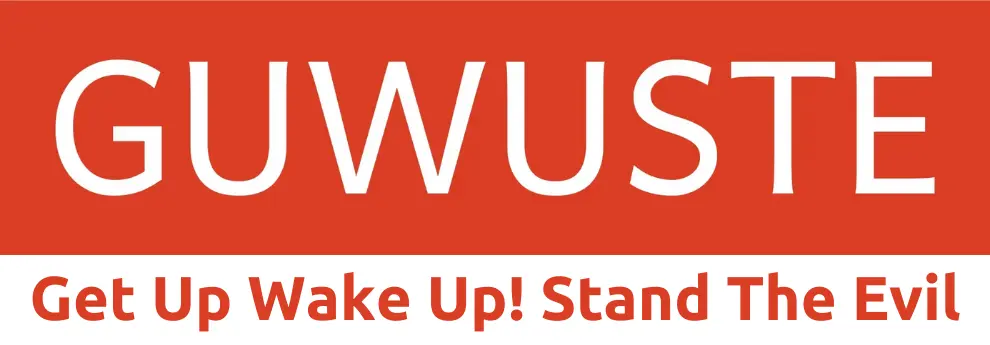The Global Plan Left in the Dark: 7 Countries, 1 Goal
28 Jul 2025
- Share:

The US’s 7-Country Plan: The Secret War Architecture Shaping the Fate of the Middle East
Since 2001, the US plan in the Middle East has been more than just military interventions. The strategy covering Iraq, Syria, Lebanon, Libya, Somalia, Sudan, and Iran is part of a complex network established by global powers in energy, finance, and psychological control. So, why were these countries chosen? Is it only because they are rich in oil and natural gas? Or because they are not integrated into the global financial system? The answers to these questions determine the fate of the Middle East region. Energy corridors, financial dependencies, and psychopolitical manipulations are the invisible yet most effective weapons of the plan.
The Rothschild Family: The Financial Brain Behind the Wars
Who is the real power behind the wars? The Rothschild family has been known since the 19th century as the financier and architect of wars. Intertwined with the arms industry, the family not only invests directly but can also influence states’ war decisions through front organizations like Rockefeller and Morgan. The cycle of selling weapons to both sides of a war and then providing loans to rebuild the country’s infrastructure afterward creates long-term financial dependency.
Turkey’s IMF relations, foreign borrowing, and SWIFT dependency should be read as local reflections of the global financial network. But is it possible to stay outside financial control? Or is Turkey also part of the game?
Netanyahu and Trump: Puppet or Coder?
Israeli Prime Minister Netanyahu’s regional policies reflect not only Israel’s interests but also the global strategies of Zionist elites. Trump’s rescue from bankruptcy by Rothschild’s representative Wilbur Ross is a clear indication that his political decisions served capital groups. Although their relationship sometimes appears conflicted, their joint strategies toward Iran reveal that the war is conducted not personally but with systemic coding. Do you think the grand plan depends only on a few leaders’ initiatives? Or are there much deeper, unseen powers at play?
Intervention in Iran: The Intersection of Energy and Finance
Iran holds more than 10% of the world’s oil reserves. This is not only economic power but also a geopolitical weapon. Iran’s refusal to integrate its energy resources with the West causes it to remain an independent node in the global energy architecture. Moreover, Iran’s Central Bank not being linked to the Bank for International Settlements and staying outside the financial system makes it a target. The war is waged not only with tanks but also through media simulations, psychological operations, and behavioral engineering. Works like “Love Rejected” reveal the connections between materialism and violence.
In this context, as the emotional codes of war are rewritten alongside financial codes, the complex war cannot be explained merely as a “fight against terror.”
Turkey’s Predicament: The Key Node in the Crosshairs
Turkey is at the very center of the global war architecture. Interventions toward Iraq, Syria, and Iran directly affect Turkey’s border security, migration policies, and energy lines. Despite the government’s insistence in 2003, the Turkish Parliament’s rejection of the US request to send troops to Iraq with the March 1 Motion was an important stance against pressure to join the war architecture.
However, Turkey’s cautious supportive position in Israel’s attacks on Iran reflects its search for regional balance. Financially, Turkey establishes indirect links through IMF relations, foreign borrowing, and SWIFT dependency as local reflections of Rothschild-type financial control. The tendency to move toward digital currency and alternative financial blocs like BRICS is seen as an effort to break dependency. So, is Turkey truly independent? Or is it part of the big game?
The Fragility and Future of the Anti-War Movement
Although anti-war movements have historically existed in Turkey, current reflexes against interventions in Iran are weak and scattered. Movements that cannot be institutionalized or strategically grounded fail to fully grasp the emotional, economic, and behavioral dimensions of war. However, intervention in Iran could be a turning point for the anti-war movement in Turkey. For this potential to be realized, it must be supported by media aesthetics, protest architecture, and alternative information regime strategies.
Secret Operations and the Backstage of Global Plans
What is happening in the Middle East is not just regional conflicts but part of the multilayered, complex, and secret operations of global powers. Plans to control energy resources, monopolize the financial system, and break regional resistance have surpassed classical definitions of war. The process shaped by psychopolitical engineering, media manipulation, and the influence of deep financial structures poses a great threat to humanity and society.
Remaining silent without creating conscious awareness in the face of these realities means being part of the game.
***






